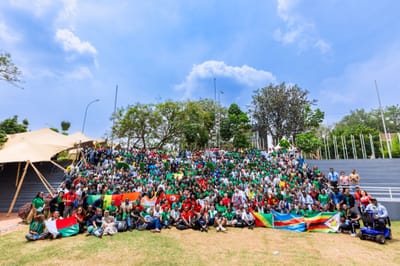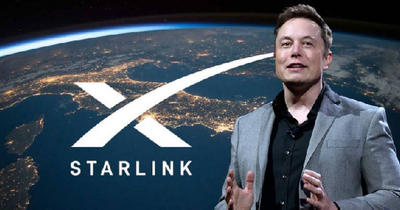The interest shown in Kenya, specifically Mombasa, by transnational technology companies could be related to the interest in building mega data centers here.
These companies are possibly trying to entice content aggregators to have their point of presence in Kenya. There will be some positive to this considering the fact that we get the opportunity to develop capacity (improved real employment opportunities), significantly develop our energy sector and possibly drastically reduce cost of connectivity.
My personal frustration has been how we get our people in Kenya to begin working on local content. We do not need cloud for content like Sesame Street when we can create local edutainment from local resources. It is important to remember that the local content you develop here in Kenya is most likely good for any African country. For instance, if we automated our Government records, we will have the opportunity to replicate the processes in fifty other African countries.
After my trip to Internet Governance Forum in Baku, I passed through London at the invitation of the John D. and Catherine T. MacAthur Foundation to join a multidisciplinary Research Network of thinkers and doers on Opening Government to analyze and realize the potential impact of technology on democratic institutions, specifically how we can use technology to create more collaborative ways of governing to solve the world’s hardest problems.
There were about forty Professors meeting at 10 Downing Street. They were mostly from top Universities in the World. Some of the MIT and Stanford researchers have research going on in Kenya or planning to be in Nairobi for collaboration.
Most of them mentioned Kenya as an emerging Information Technology destination and hoped we can sustain the innovative capacity.
I realized that we must create an ecosystem that brings together researchers, government and developers together if indeed we want to sustain this innovative capacity. Most of our universities have become teaching institutions that must now move to research.
Share this via: Twitter / WhatsApp
For example, any hospital must have its capacity data out there. We need to know which hospitals have Neuro-Surgeons, Cardiologists, Oncologists etc. What equipment is available in these institutions, capability of the labs etc.
This is all knowledge such that if I have a heart attack patient I know where to get help instead of trial and error, and as you know Kenyans do not volunteer to say they have no capacity.
This is what a knowledge society looks like.
One of the Professors presented live data from a mobile phone gathering data in a Central American country. Simple analytic on the data shows that teachers go to their respective schools for less than two days a week. These are some of the worst performing schools. There was a high correlation of poor performance and affiliation to Unions.
Does this resonate with Kenya?
Thought so!
Change is in our hands but we must begin to exercise our responsibility to change our country for the better.
Note: This article was first published in 2014.
— By Dr. Bitange Ndemo







